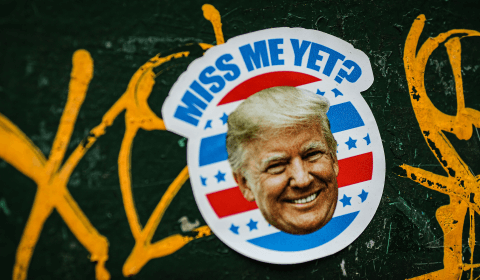AI can be a great tool, but what happens when these tools are not well trained?
In recent months, a series of new tools that use Artificial Intelligence have emerged, including ChatGPT and Gemini.
Each one of them has been marketed as having the ability to make our lives easier. Whether it’s creating essays for us in seconds, locating reputable sources of information, or even creating illustrations for us – AI is posed to streamline all sorts of activities.
It’s no secret that AI software has already been used in academia for a number of years. The widely-used platform Turnitin is touted as a tool that “safeguards academic integrity” and “helps develop students’ original thinking skills with high-quality, actionable feedback that fits easily into teachers’ existing workflows.”
But what would happen if Turnitin’s AI tool wrongly identified students’ writing as plagiarism or even AI-generated due to the student’s use of a large vocabulary?
What if it raised the red flag when a student wrote to a consistently high level throughout a paper?
@ashtonrausch i dont understand how this is allowed to keep happening to students. #falselyaccused #ai #college #chatgpt





















